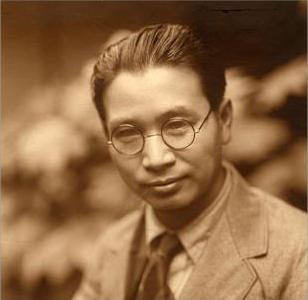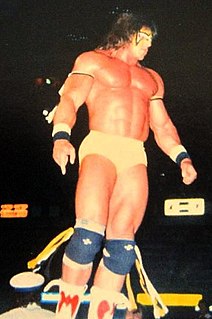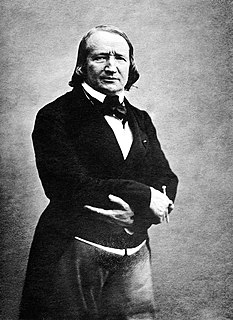A Quote by Orison Swett Marden
There is not a single indication in man's wonderful mechanism that he was created for a life of poverty. There is something larger and grander for him in the divine plan than perpetual slavery to the bread-winning problem.
Related Quotes
Not everything in man's life is summed up in the problem of food. Anyone who thinks that a civilization can be founded on bread alone makes a great mistake. No matter how much bread there is, it cannot produce a man: it can only nourish him. Life exists before food. Man's life comes from the very origin of life. Therefore civilization does not follow the forms of production. All social life follows the action of life.
The primordial model of the family is to be sought in God himself, in the Trinitarian mystery of his life. The divine "We" is the eternal pattern of the human "we", especially of that "we" formed by the man and the woman created in the divine image and likeness... Man is created "from the very beginning" as male and female: the life of all humanity - whether of small communities or of society as a whole - is marked by this primordial duality.
When the sacredness of one's word is matched in the attributes of his character throughout, all that constitutes a man, then we find that there is something in a man's life greater than his occupation or his achievements; grander than acquisition or wealth; higher than genius; more enduring than fame.
He walked down the corridor, lined with his soldiers, who looked at him with love, with awe, with trust. Except Bean, who looked at him with anguish. Ender Wiggin was not larger than life, Bean knew. He was exactly life-sized, and so his larger-than-life burden was too much for him. And yet he was bearing it. So far.
If what that man did in his life, makes the blood pulse through the body of others, and makes them believe deeper in something larger than life, then his essence, his spirit, will be immortalized by the storytellers, by the loyalty, by the memory, of those who honor him and make whatever the man did live forever.
...a condemned man who, at the hour of death, says or thinks that if the alternative were offered him of existing somewhere, on a height of rock or some narrow elevation, where only his two feet could stand, and round about him the ocean, perpetual gloom, perpetual solitude, perpetual storm, to remain there standing on a yard of surface for a lifetime, a thousand years, eternity! - rather would he live thus than die at once? Only live, live, live! - no matter how, only live!
Spirituality is much wider than any particular religion, and in the larger ideas of it that are now coming on us even the greatest religion becomes no more than a broad sect or branch of the one universal religion, by which we shall understand in the future man's seeking for the eternal, the divine, the greater self, the source of unity and his attempt to arrive at some equation, some increasing approximation of the values of human life with the eternal and the divine values.
There is provided an escape from the narrowness and poverty of the individual life, and the possibility of a life which is other and larger than our own, yet which is most truly our own. For, to be ourselves, we must be more than ourselves. What we call love is, in truth . . . the losing of our individual selves to gain a larger self.




































